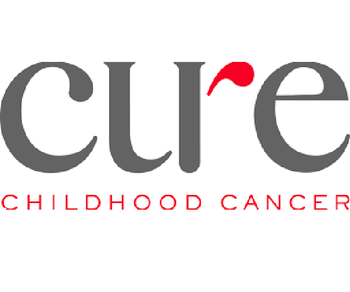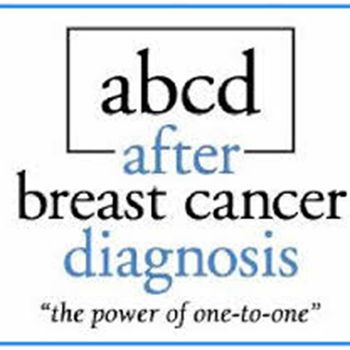
The FDA approved Venclexta for patients with CLL who have a 17p deletion and failed at least one prior therapy.

The FDA approved Venclexta for patients with CLL who have a 17p deletion and failed at least one prior therapy.

Although there were no major changes to the 2016 update to the National Comprehensive Cancer Network (NCCN) Breast Cancer Guidelines, there were some “tweaks.”


The approval was based on results from a multicenter, open-label phase 2b study in which the overall response rate with Evomela was 95 percent among 61 patients.

Emotional support can have a huge impact on breast cancer treatment.

In the phase 3 RESONATE-2 study, Imbruvica improved progression-free survival (PFS) by 84 percent in previously untreated patients with CLL or SLL.

The approval is based on the phase 3 GADOLIN study, in which Gazyva plus bendamustine followed by Gazyva alone reduced the risk of disease progression by 52 percent in patients with follicular lymphoma.


The U.S. Food and Drug Administration has approved Ibrance for use in combination with Faslodex in pretreated patients with hormone receptor-positive, HER2-negative metastatic breast cancer.

The breakthrough designation will expedite the development and review of this novel T-cell therapy in synovial sarcoma.

The designation, which will expedite the development and review of sacituzumab govitecan in TNBC, is based on a phase 2 trial in which the therapy induced a response rate of 31 percent in heavily pretreated patients with metastatic TNBC.

The approval is primarily based on the phase 3 MK-0517-031 study, in which adding single-dose Emend for injection induced a complete response in nearly 80 percent of patients receiving MEC.

Results from new clinical trials signal a role for the immunotherapy Opdivo in the treatment of gastric cancer and heavily pretreated esophageal cancer.

The approval was based on data from the phase 3 CheckMate-067 trial.

The approval was based on findings from the phase 3 ENDEAVOR trial.

The approval was based on a near doubling in progression-free survival (PFS) seen with the treatment compared with observation in the phase 3 PROLONG trial.

Cometriq significantly improved progression-free survival versus Afinitor in patients with renal cell carcinoma regardless of the degree of metastases, type or number of prior treatments, or patient risk status.

The FDA has expanded the approval for single-agent Keytruda to include the frontline treatment of patients with advanced melanoma regardless of BRAF status and to include the treatment of patients with Yervoy-refractory melanoma.

All of the women in the study had progressed on two or more HER2-targeted therapies, including Herceptin (trastuzumab) and Tykerb (lapatinib).

The approval was based on data from the phase 3 ELOQUENT-2 trial, in which adding Empliciti to standard Revlimid (lenalidomide)/dexamethasone reduced the risk of disease progression by 30 percent.

Neoadjuvant chemotherapy is increasingly used in advanced ovarian cancer, even though it has not been shown to improve survival versus primary cytoreduction.

A combination approach can improve responses through mechanisms that, "enhance immune function, enhance receptor expression, or target intracellular signaling."

The approval is based on results from the phase 3 EORTC 18071 trial, in which adjuvant Yervoy reduced the risk of recurrence by 25 percent versus placebo.

The approval was based on results from the phase 3 OPTiM study in which Imlygic significantly extended durable response rates compared with GM-CSF.

The approval is based on results from the phase 3 ET743-SAR-3007 trial.

The approval is based on data from the phase 3 CheckMate-057 trial, in which second-line Opdivo reduced the risk of death by 28 percent versus docetaxel in patients with nonsquamous NSCLC.

The PD-1 inhibitor was approved along with a companion diagnostic, the PD-L1 IHC 22C3 pharmDx test, and is indicated for patients who progressed on or after platinum-containing chemotherapy or EGFR- or ALK-targeted agents in patients harboring those mutations.

The approval was based on results from the phase 3 RECOURSE trial.

The breakthrough therapy designation will expedite the development and review of Opdivo in advanced renal cell carcinoma.

The FDA has approved Varubi for use in combination with other antiemetic agents to prevent delayed chemotherapy-induced nausea and vomiting from initial and repeat chemotherapy regimens, including highly emetogenic chemotherapy.